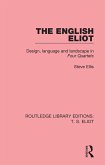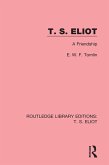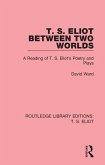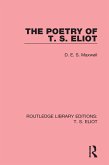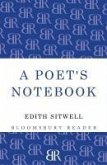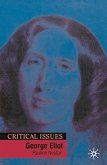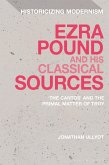Over a dozen new volumes of T. S. Eliot's poetry, prose, and letters have been published in the past decade. This collection presents unabashedly fresh approaches to Eliot, while simultaneously guiding readers through the new materials that are available for the first time outside of restricted archives. Eliot, the figurehead of literary modernism, continues to be someone whom critics love to hate (Misogynist! Reactionary! Anti-Semite!) and readers love to devour (Profound! Revolutionary! Resonant!). Why does one artist elicit such different responses?
Eliot Now collects new and established voices in Eliot studies, integrating contemporary critical approaches with careful attention to the newly published materials. Whether grappling with the controversial new two-volume Poems, narrating the experience of opening Eliot's letters in the Emily Hale papers (until 2020 the "most famous sealed archive in the world"), or rereading his works through ecocritical or trans studies lenses, Eliot Now shows how this most effusively celebrated and heatedly criticized 20th-century writer continues to change the way we read literature in the 21st century. The collection concludes with six award-winning contemporary poets considering the influence of The
Waste Land on poetry today.
Eliot Now collects new and established voices in Eliot studies, integrating contemporary critical approaches with careful attention to the newly published materials. Whether grappling with the controversial new two-volume Poems, narrating the experience of opening Eliot's letters in the Emily Hale papers (until 2020 the "most famous sealed archive in the world"), or rereading his works through ecocritical or trans studies lenses, Eliot Now shows how this most effusively celebrated and heatedly criticized 20th-century writer continues to change the way we read literature in the 21st century. The collection concludes with six award-winning contemporary poets considering the influence of The
Waste Land on poetry today.



